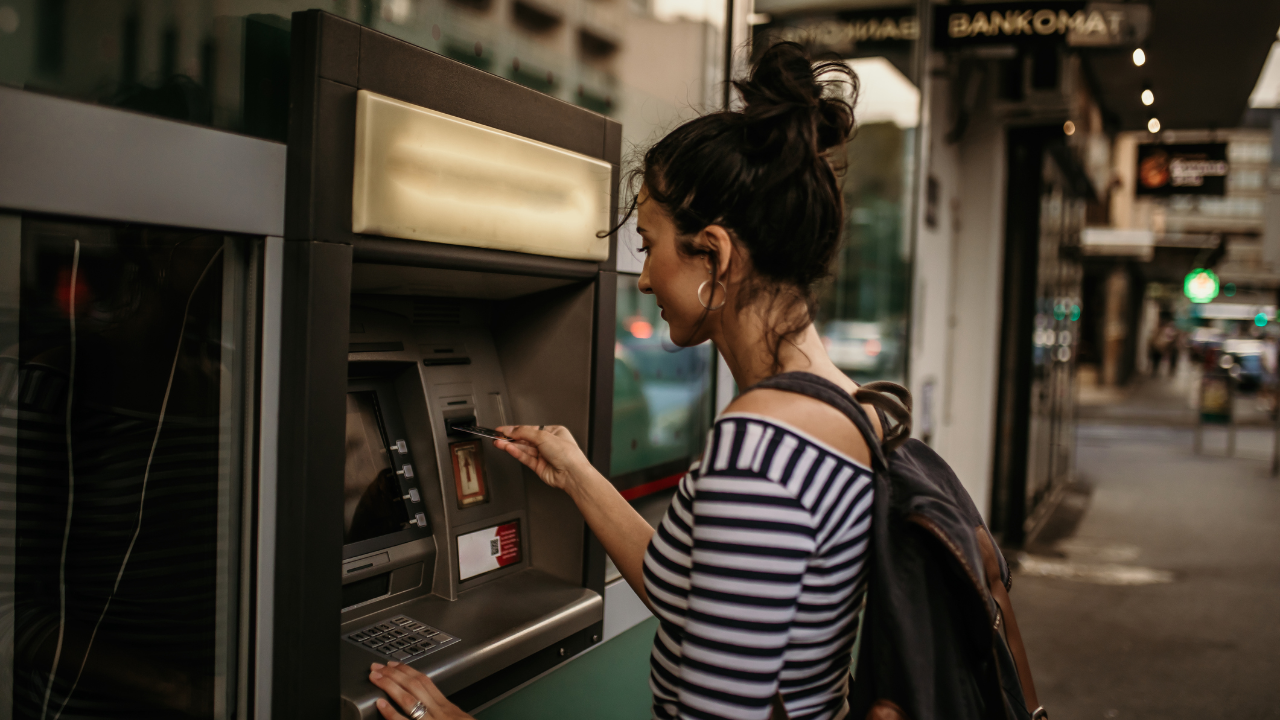What happens to my credit card account if the issuing bank shuts down?

Key takeaways
- When a bank fails, the FDIC steps in to maintain operations, including its credit card business.
- The FDIC looks for a buyer for the failed bank, which would become your new card issuer and set the terms of your account. You can opt out of any changes, transfer or pay off your balance and close the account.
- Credit card accounts are almost always sold, but if no buyer emerges, the FDIC would find a bank to act as a custodian, giving account holders notice before accounts are closed.
- You’ll still need to make payments on your balance to avoid damaging your credit score or facing debt collection.
Two years after the failures of Silicon Valley Bank, little has changed. While regulators say the risk of new bank runs is relatively low, no sweeping legislation has yet been enacted to prevent a similar crisis in the future.
Add in the recent turmoil we’ve seen in financial markets, you may be wondering: What if the bank that issues my credit card shuts down? Do I still owe money? Who do I pay? And how is my credit score affected?
Here’s a look at what happens when banks fail, how this affects cardholders and why, no matter what, you should keep up with your regular payments.
FDIC takes over failed banks
In the event of a bank failure, the Federal Deposit Insurance Corporation (FDIC) typically steps in and takes over the institution. The FDIC keeps the operations of the failed bank ongoing, including its credit card business.
In the meantime, the regulatory authority would look for a buyer for the failed bank. You should keep up with your bank’s website for any updates on your credit card account. If a buyer emerges, the failed bank’s credit card portfolio would be transferred to the acquiring institution. This buyer would then become the new issuer of your credit card and set the terms of your account.
The new issuer might change your interest rate on new transactions, for one, after giving you 45 days’ notice. It could even change the interest rate on your existing balances in certain circumstances, as well as your credit limit (after giving you sufficient notice). You might even get a new card under a different brand name. If you are not on board with any changes, you can opt out of them and either transfer your balance or pay it off.
Credit card transactions
And what happens to your credit card transactions if you use your credit card as usual? If the bank’s payments processors continue to work with the bank while it is taken over by the FDIC, you would still be able to use your credit card. (In the case of Silicon Valley Bank, which issued business credit cards geared toward startups and businesses funded by venture capital, its credit card processor temporarily stopped processing payments, preventing transactions from going through. This is typically not the case, though.)
After the failed bank is acquired, your transactions would fall under its umbrella. And in case your new issuer gives you a new card, you would have to update your account information with any vendor you’ve signed up with for recurring card payments.
Any rewards you have on your credit card account would also transfer with your account. The new issuer would inform you of any changes to the terms of your rewards.
What if there is no buyer for the failed bank?
If the failed bank’s credit card portfolio is successfully sold off, you may not see any impact on your account at all unless the new issuer changes any terms or issues you a new card.
In case the FDIC does not find a buyer for the failed bank, the situation would get more complex. The government agency would then set up a bridge bank that serves as custodian and manages the failed bank’s accounts, including its credit card portfolio, until a buyer emerges for the portfolio.
Credit card accounts tend to be profitable and are almost always sold, according to Member Access Processing (MAP), a firm that processes card transactions for credit unions. “In the unlikely event no one buys the credit card portfolio of a failed bank, the custodian would have to notify the cardholders that their accounts will be closed and would have to give the account holders time to transfer their holdings, usually within 30 days,” MAP explains.
Keep up with your card payments
Whatever happens, you should keep up with your card payments while a bank failure is being sorted out. If you don’t pay up, a lender will charge off your account, typically after six months of nonpayment. It could even sell your account to a debt collector who will be in touch with you to collect the money.
In the meantime, your credit score will take a hit. The charge off will be on your credit report for up to seven years from the time you stopped making your credit card payments.
Should no buyer for the failed bank’s portfolio emerge and you’re notified by the custodian that your account will be closed, you could look for a balance transfer offer or transfer the amount to another existing credit card account, if that’s an option.
The bottom line
If a bank shuts down, the FDIC will take it over and sort out the situation. The government agency will then look for a buyer for the failed bank. You should keep up with these developments at the bank’s website and check if there is any change to your card account. Typically, your card transactions will not be impacted.
After a buyer takes over your card account, it will notify you in advance of any changes to the terms of the account. In case the government doesn’t find a buyer for the failed bank, a custodian would manage its accounts while it tries to sell them off. If there is no buyer for the failed bank’s credit card portfolio, you will receive notice and need to transfer your credit card balance.
Whatever happens, keep up with your credit card payments while the bank failure situation is being sorted out.
Why we ask for feedback Your feedback helps us improve our content and services. It takes less than a minute to complete.
Your responses are anonymous and will only be used for improving our website.






